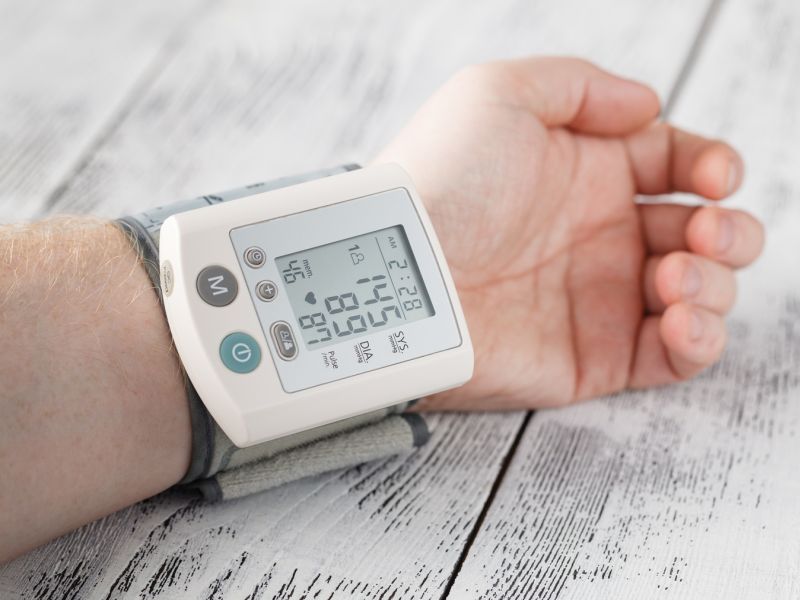
Spending time on their phones or online doesn’t harm teens’ mental health, according to a new study that challenges a widely held belief. “It may be time for adults to stop arguing over whether smartphones and social media are good or bad for teens’ mental health and start figuring out ways to best support them… read on >






























